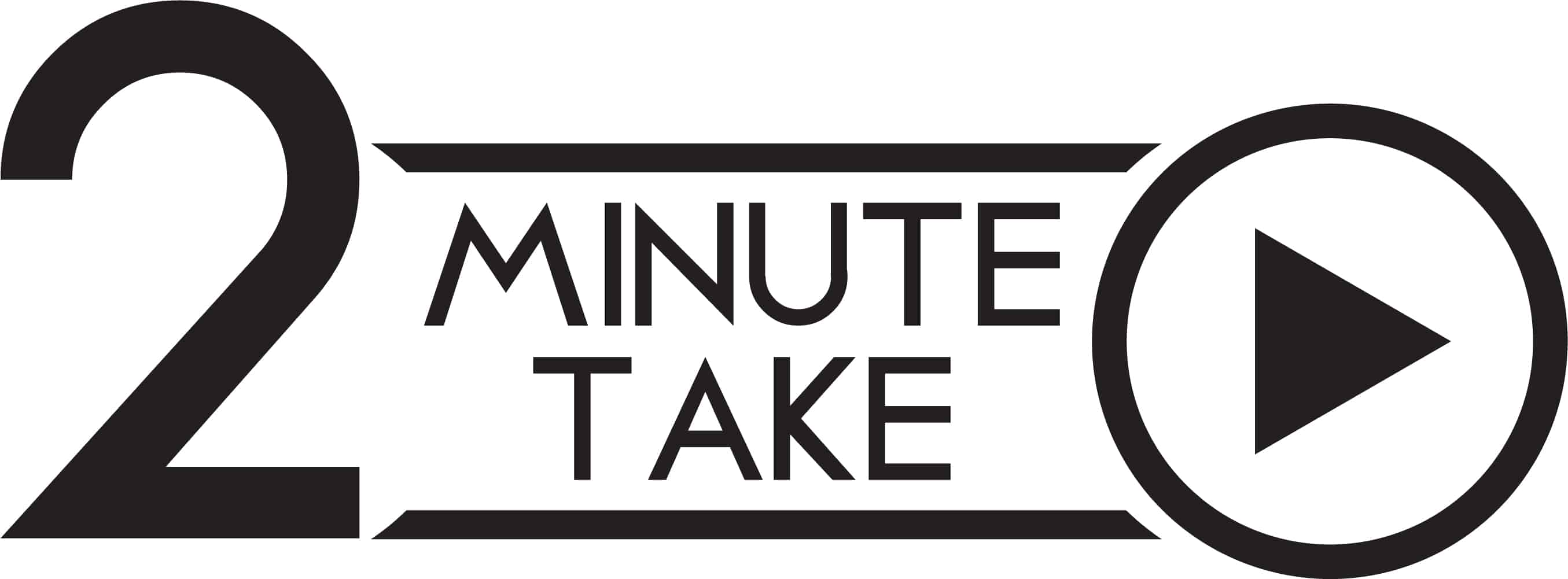Charles River Development product specialists discuss key buy-side industry trends and technology solutions in this series of two minute videos.
VIDEOS
Innovative Trade Analytics in the OEMS
The Evolution of Transaction Cost Analysis in a Multi-Asset World
Enabling Enterprise Wealth Management
Manager Sponsor Communications in Wealth Management
Multiple Product Lines in Wealth Management
High Quality Data Delivered as a Service
Preparing for LIBOR’s Retirement
Scenario Analysis and Stress Testing
Evaluating Portfolio Risk & Performance on a Single Technology Platform
Supporting Smart Beta and other Factor-based Products with Technology
Scaling OCIO Services with an Enterprise Investment Management Solution
Insourcing vs Outsourcing Your Middle Office
Minimizing Failed Trades with a Unified Middle Office Solution
Expedited Trade Settlement and Post-Trade Processing
Managing Buyside Research Payments
How the Investment Book of Record Bridges the Gap Between the Front & Middle Office
Follow Us
Charles River’s Karl Kutschke and Chang Suh discuss how the Investment Book of Record (IBOR) uncouples the front office from back office accounting constraints, This streamlines fund management by providing portfolio managers with granular, investment-based views of their funds and portfolios.
Failed trades create operational inefficiencies and require expensive human resources to remediate. Charles River’s Reena Dalal and Karl Kutshke discuss how an effective middle office solution can minimize the occurrence of failed trades.
The rapid growth of Outsourced Chief Investment Officer (OCIO) service providers has in part been enabled by end-to-end investment management platforms. These platforms enable scalability across multiple clients and provide interoperability with back office and accounting systems. Charles River product specialists discuss the requirements of OCIO providers and the role that Charles River IMS plays in supporting the growth of this market segment.
Implementing and managing Smart Beta products at scale requires a flexible technology platform that supports a firm’s entire investment process. Interoperability is key, enabling portfolio managers to incorporate both internal and vendor-provided factor models, analytics and data sources. In this video, Charles River product specialists explore these requirements and the role of technology providers in supporting these innovative investment products.
Working from a single risk and performance platform helps improve collaboration across the front & middle office, and reduces time spent reconciling information from disparate systems. The growing popularity of multi-asset strategies also require performance attribution capabilities across asset classes, enabling investment managers to retire asset class-specific point solutions.
Fund-of-fund and other pooled investment vehicles require risk management platforms capable of look-through to any level of granularity. Charles River’s data and analytics inform accurate valuations of pooled assets across any dimension, and provide managers with actionable and flexible fund look-through capabilities.
Scenario Analysis provides portfolio managers and analysts with the ability to model past financial and economic stress scenarios and also formulate and model new ad hoc scenarios. Charles River’s approach supports maximum flexibility when defining and modeling scenarios.
The valuations of over $200 trillion in assets are based on the London Interbank Offer Rate (LIBOR). However, the vulnerability of this key benchmark to manipulation has led regulators and industry participants to seek a replacement. While various alternatives are debated, the pending retirement of LIBOR requires flexibility in your technology stack. Charles River product specialists discuss.
Sourcing, validating and cleaning massive volumes of pricing and reference data are key to supporting investment and risk management decisions for buy-side firms. But this proves challenging, requiring significant headcount and expertise. By providing data management delivered as a service, technology vendors can provide investment managers with high quality and timely data, at a significantly lower total cost of ownership
Wealth management product offerings now span a broad spectrum of complexity, from simple to sophisticated, and discretionary to non-discretionary. Supporting these products effectively requires an end-to-end technology platform. Charles River product specialists discuss platform requirements to ensure end-user satisfaction and mobile access, enable scalability, and enforce data partitioning and privileging to protect client data.
The growth of SMA and UMA products requires detailed communication of account instructions and models between wealth managers and sponsors. The lack of an industry standard has spawned a number of vendor-specific communication hubs. Charles River product specialists discuss the evolution of this trend, and the need for technology vendors to design and support open APIs that will enable interoperability between different hubs.
CRD product specialists discuss enterprise technology requirements for wealth management solutions. Wealth managers are increasingly looking to support multiple wealth products, requiring scalability and support for growing account volumes, product suitability assessments, and proposal generation capabilities on a single, integrated technology platform.
From its start in equities, Transaction Cost Analysis (TCA) is rapidly evolving to provide traders with critical pre- and post-trade analytics across asset classes. CRD product specialists discuss the challenges facing investment firms and technology vendors in this evolution and the growing role of TCA in helping firms demonstrate Best Execution to institutional investors and regulators.
2782920.1.1.GBL
